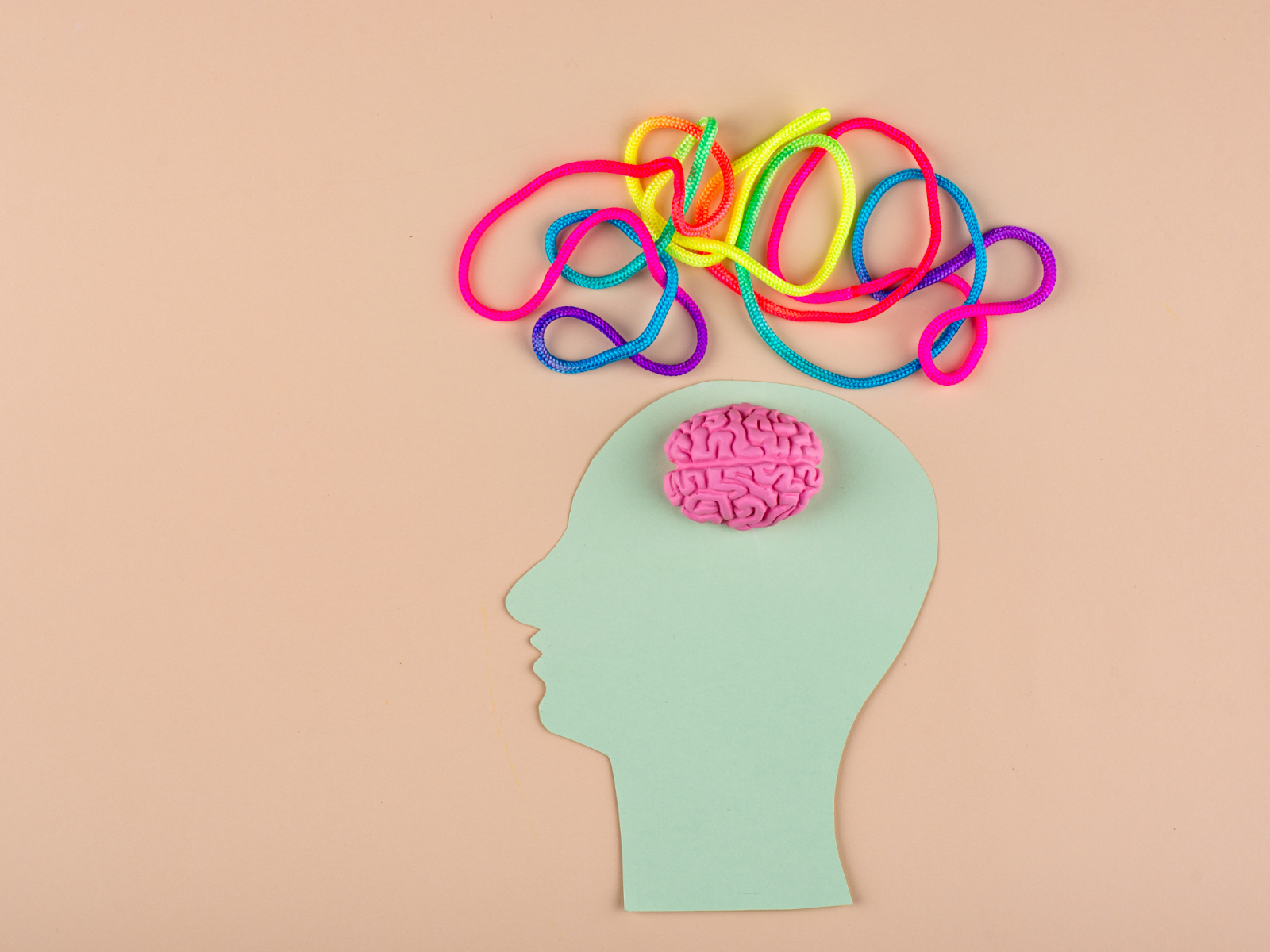Communication comes in many forms. Unfortunately, in a world that revolves around spoken and written words, other types of expression are often ignored or overlooked. For minimally or non-speaking autistic people, spellers can be a valuable tool for communicating everything from everyday wants and needs to complex thoughts, opinions, and emotions.
What Are “Spellers?”
Spellers are a type of assistive technology for people with intellectual and developmental disabilities (IDDs). They can be useful tools for non-speaking, minimally-speaking, and unreliably speaking people (e.g., those who consistently script, echo, or say phrases that don’t convey their personal thoughts).
Letterboards are the most common tools for spellers, but some people use keyboards, picture boards, or cards to designate letters or symbols to express their thoughts.
Spelling to communicate can help individuals express themselves in a way that the people around them can better understand. Spellers for autistic adults can support their pursuit of education and employment, and help them make meaningful social connections.
Understanding the Speller Method
The Speller Method, not to be confused with the SPELL method, is the multidisciplinary approach for teaching individuals to communicate by spelling out words or phrases.
Because of the ethical concerns regarding prompted or facilitated communication (source), those who do this work must learn how to empower individuals to express themselves sincerely.
The Spellers Method incorporates evidence-based practices and research into their specialized coaching strategies to help people with disabilities communicate effectively and authentically.
How Can Spellers Help?
There is an important difference between “speech” and “expressive language.” Not everyone can verbally express themselves comfortably, but that doesn’t mean they don’t have unique and valuable thoughts to share.
Spelling can help autistic people express opinions, feelings, and wants that might otherwise go unnoticed. It can be useful in many areas of life, from personal relationships to employment and overall self-advocacy.
Overcoming Communication Barriers
In a world of speaking people, non-speaking individuals are often overlooked due to widespread biases and misconceptions. The Spellers Method is a way for non-speaking people to make themselves heard.
Autistic people usually need to work harder than neurotypical people to build communication skills. There are many communication resources that can help. For minimally or non-speaking people, especially those with motor skill challenges, spelling is a functional option for consistent, open-ended communication.
Creating Stronger Social Ties
Communication is about more than expressing wants and needs. It opens the door for authentic connection, friendship, and diverse social experiences.
It’s easy for non-speaking autistic people to feel isolated and alone in their experiences. For those who find spelling accessible, it offers a chance to build stronger bonds and relationships with family members and friends.
A Source of Self-Advocacy and Independence
Learning how to express one’s needs, wants, and feelings is an essential part of effective self-advocacy. Non-disabled people often assume incorrectly that non-speaking or minimally speaking people don’t have meaningful thoughts and feelings to share.
Spelling can help dispel these assumptions and give autistic adults the ability to speak up for themselves when situations demand it. Self-advocacy can be as simple as expressing discomfort or sharing a preference, and that’s where resources like the Spelling Method can help.
Discover More Autism Resources & Supports
Communication covers a wide range of expressions, from speech and sound to actions and body language. For non-speaking individuals with disabilities, spelling can be an empowering source of connection, supporting their independence and ability to advocate.
Programs like California’s Self-Determination Program (SDP) can help eligible residents get the support they need to learn functional communication skills. The SDP allows those with IDDs to have a say in the disability services they receive, including assistive technology, communication tools, and educational supports that promote independence.
NeuroNav’s independent facilitation services are here to help you get the most out of your SDP experience. We’ll help guide you through the process so you can get the services, supports, and assistance you need to achieve your dreams. Schedule a free consultation today to get started.




